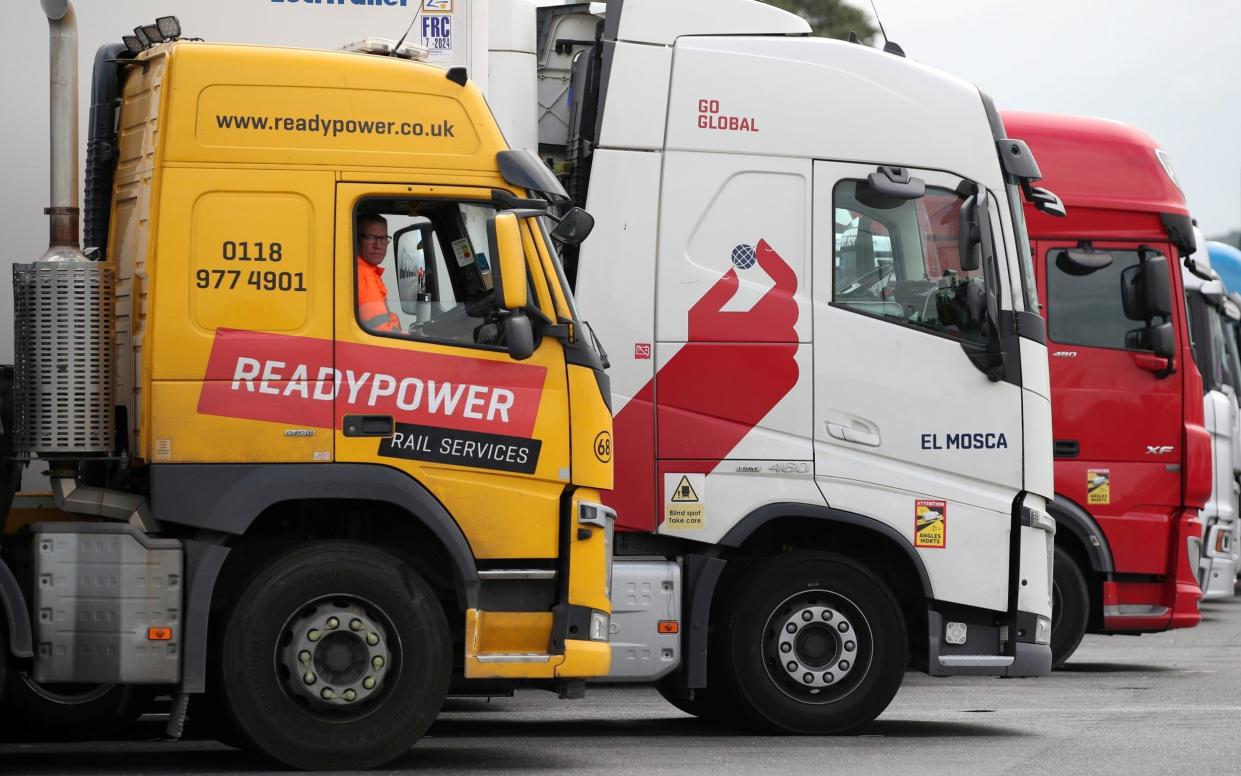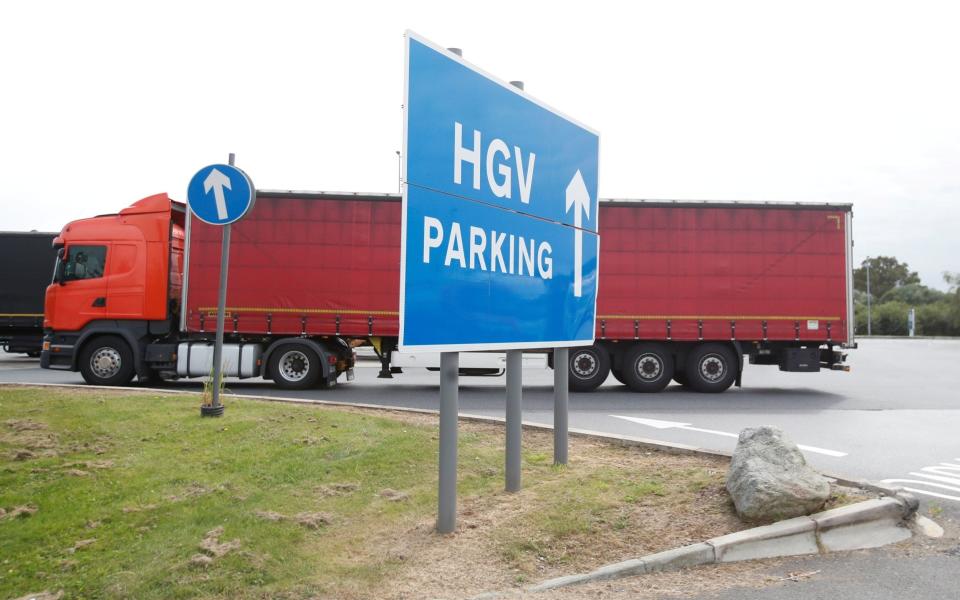Don't blame Brexit for driver shortages

Newly trained lorry drivers ready to hit the road have just hit the jackpot as roaring post-Covid demand triggers a red-hot jobs market.
HGV drivers are being welcomed with £5,000 sign-on bonuses and double-digit pay rises as firms scramble to fill a 100,000 shortfall choking supply chains.
The crisis hit BP on Thursday as the oil giant warned ministers it will ration deliveries of petrol and diesel to forecourts due to a lack of lorry drivers.
Poor pay, training woes and an end to tax loopholes mean the crisis risks dragging on well into next year as the industry struggles to attract drivers.
Rod McKenzie of the Road Haulage Association says: “Action we take now may mean that the situation eases at some point in the middle of 2022, but we're certainly in big trouble here for some time.
“What we're focused on is delivering Christmas - that’s the big issue now. It's getting to the point really where any government intervention now probably is too late to avert that problem but every little bit of action will certainly help.”
Poor pay and conditions have been an issue for years. “We've been underpaying drivers and it hasn't been seen as a preferred trade occupation by young Britons,” says McKenzie.
James Bower at the United Road Transport Union says truck stop facilities are “appalling” and contribute to drivers quitting the industry.
“It is a thankless task - they work really hard then at the end of the day they cannot even get somewhere to have a proper rest with proper showers and toilets,” he says.
In addition to poor pay, the shortages have also been fuelled by the Treasury recently closing a tax loophole. The industry says reforms to off-payroll working rules to clampdown on tax avoidance pushed many agency workers out of the sector.
Meanwhile the supply of new workers has plunged. The pandemic interrupted training and testing so severely that 20,000 fewer licences have been issued.
Like many sectors, it is also suffering from a smaller pool of workers to hire from even if they can be trained up and lured in with bumper pay.
Many European migrants returned to their home countries during the pandemic, while 2m people are believed to be on the sidelines of the jobs market, such as furloughed workers or early retirees.
Industry leaders have called on the Home Secretary to put the profession on the official Shortage Occupation List (SOL), a sticking plaster that would allow it to benefit from more relaxed immigration rules.
The new post-Brexit immigration system makes it harder for industries to bring in cheap low-skilled labour from Europe but under the skilled occupation list certain shortages-hit professions are allowed easier access.
“We’ve got ballet dancers on there, so why not lorry drivers?” asks McKenzie. “There's no quick fix but it would really help and that's what we've been asking everyone in Government for.”
However, the Home Office has refused to conduct an early review of the list with the Migration Advisory Committee only needing to make its next recommendations on the SOL to ministers by the end of April 2022.
In any case it is not clear how big a boost looser immigration rules would bring.

Analysts at Transport Intelligence found Europe is short of 400,000 drivers, indicating the international scale of the problem. The long-term failure to attract, train and retain drivers has combined with a boom in demand.
The pandemic forced up sales of goods, often online, as locked-down consumers had little else to spend their money on. But more goods ordered online needs more lorries are required to deliver them.
This trend is continuing even though restaurants have reopened, cinemas are showing films once more and holiday destinations are allowed to welcome travellers again.
So far this month, daily HGV traffic levels on Britain’s roads has been up an average of 13pc compared with February 2020.
More drivers are needed just as the number available falls. The laws of supply and demand dictate that more big pay days are on the way for those willing to do the job.

